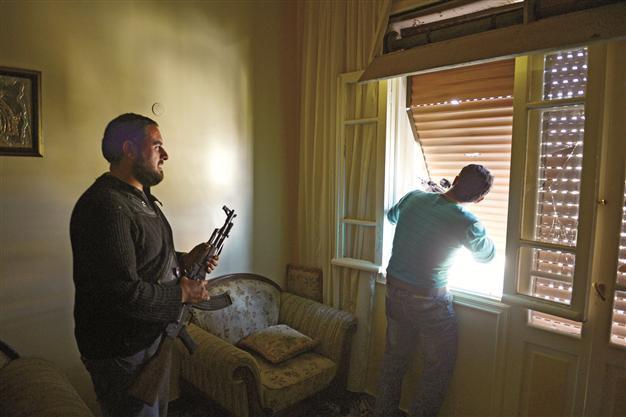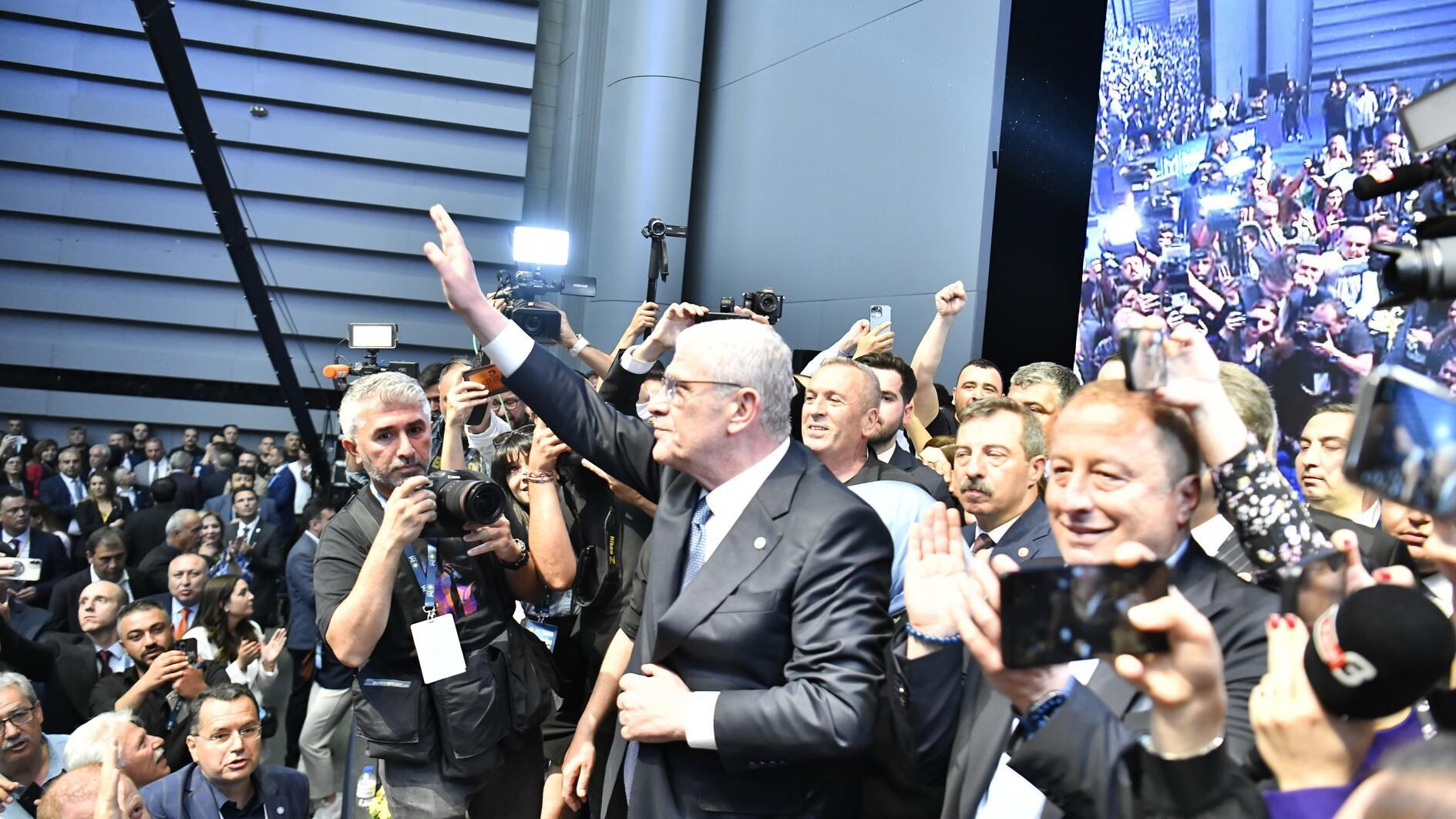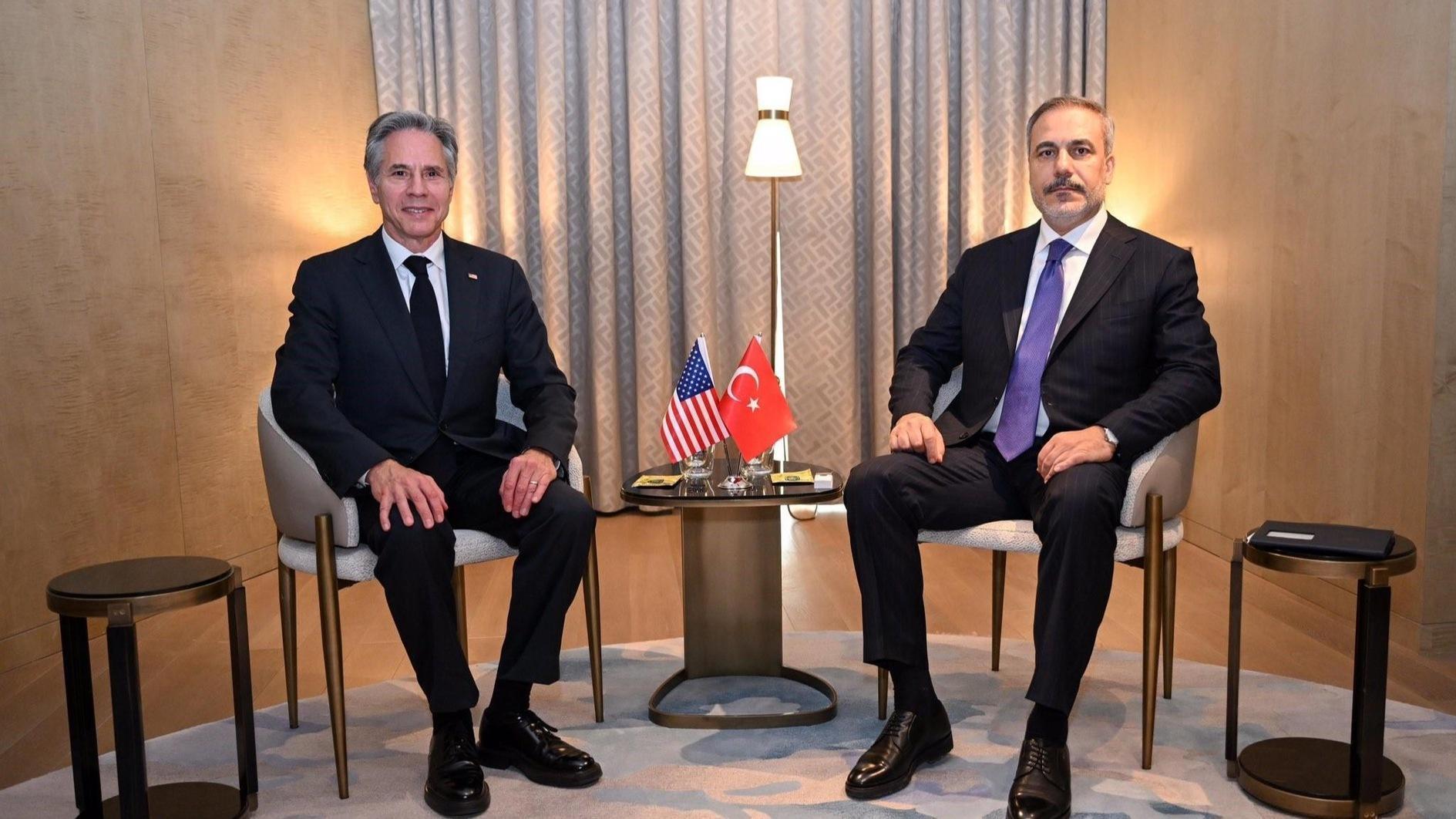Syrian opposition in makeover meet
DOHA

A Syrian rebel fighter takes aim at government forces from a flat in a rebel-controlled building in Aleppo’s northern Izaa quarter. A meeting in Doha is expected to broaden the SNC from around 300 to 400 members. AFP photo
Syria’s splintered opposition factions started talks in Qatar yesterday on a common front to gain international respect and recognition and, crucially, better weapons for their quest to oust President Bashar al-Assad, while the details emerged of plans to reshape opposition into a representative government-in-exile.Four days of talks in the Qatari capital Doha are anticipated with the goal of overhauling and broadening the Syrian National Council (SNC), the largest of the overseas-based opposition groups, from some 300 members to 400.
In opening remarks yesterday, current SNC chief Abdel Basset Sayda denounced what he called “efforts to bypass the SNC and numerous attempts to find substitutes” for the group, after U.S. Secretary of State Hillary Clinton charged that the SNC was not representative.
He admitted, however, that some criticism leveled against the SNC is “founded.” Washington is actively pressing for an opposition makeover at the four-day Doha meeting, with long-time dissident Riad Seif reportedly touted as the potential head of a new government-in-exile dubbed the Syrian National Initiative.
But the prominent opponent al-Assad’s regime was adamant that he does not want to lead such a government. “I shall not be a candidate to lead a government in exile... I am 66 and have health problems,” Seif told reporters.
Some 286 members of the SNC are taking part in the meeting. On Nov. 7, membership is due to expand to more than 400 with the addition of 120 new members and the SNC will then elect a new 40-member secretariat who in turn will elect a new president.
US, France and Turkey back initiative: Source
A Western diplomat said the initiative is “supported by the United States, Britain, France, and possibly by some Arab countries, Qatar and Turkey.”
“It is a balanced plan, which will bring together the components of the Syrian community: the Alawites, Christians and Syrians inside and outside the country,” the diplomat said on condition of anonymity.
Seif and some two dozen Syrian opposition figures who gathered in Amman on Nov. 1 came up with proposals for a new body to represent the disparate groups opposing al-Assad.
Among those in attendance were some SNC members, former premier Riad Hijab who defected in August, Ali Sadreddin Bayanuni of the Muslim Brotherhood and Kurdish and tribal representatives, participants said. The Amman meeting supported “efforts underway to put in place a unified political body for the whole of the opposition,” a statement said.
Hijab’s spokesman, Mohammed al-Otri, said the group was proposing “the creation of a new political organ of the opposition, representing all of its components.” “It remains to be decided whether this body will replace the SNC or will constitute a new coalition,” Otri said, adding that the creation of the group “will certainly lead to the formation of a government” in exile.
The group have also ruled out dialogue with Damascus before President Bashar al-Assad steps down and pledged their support for the armed revolt.
















